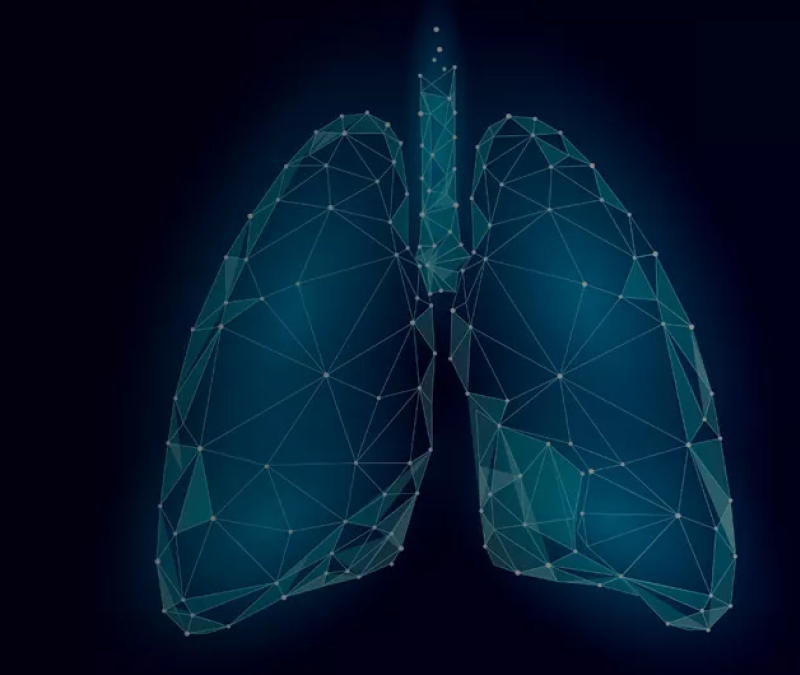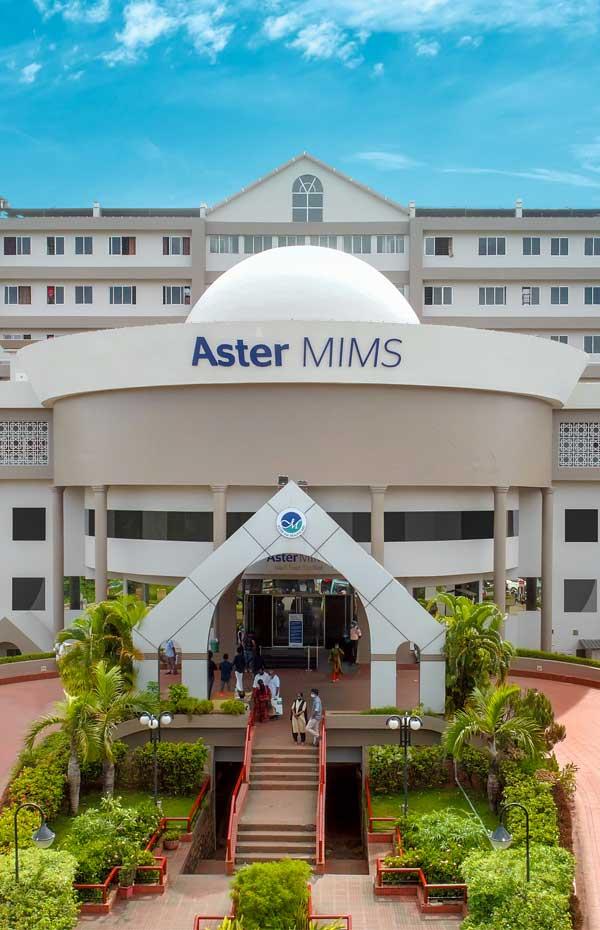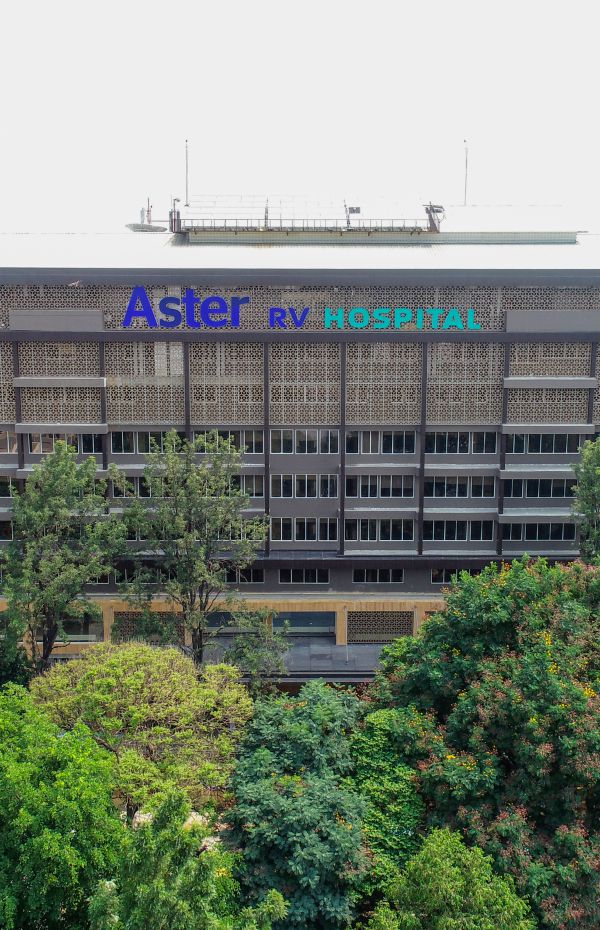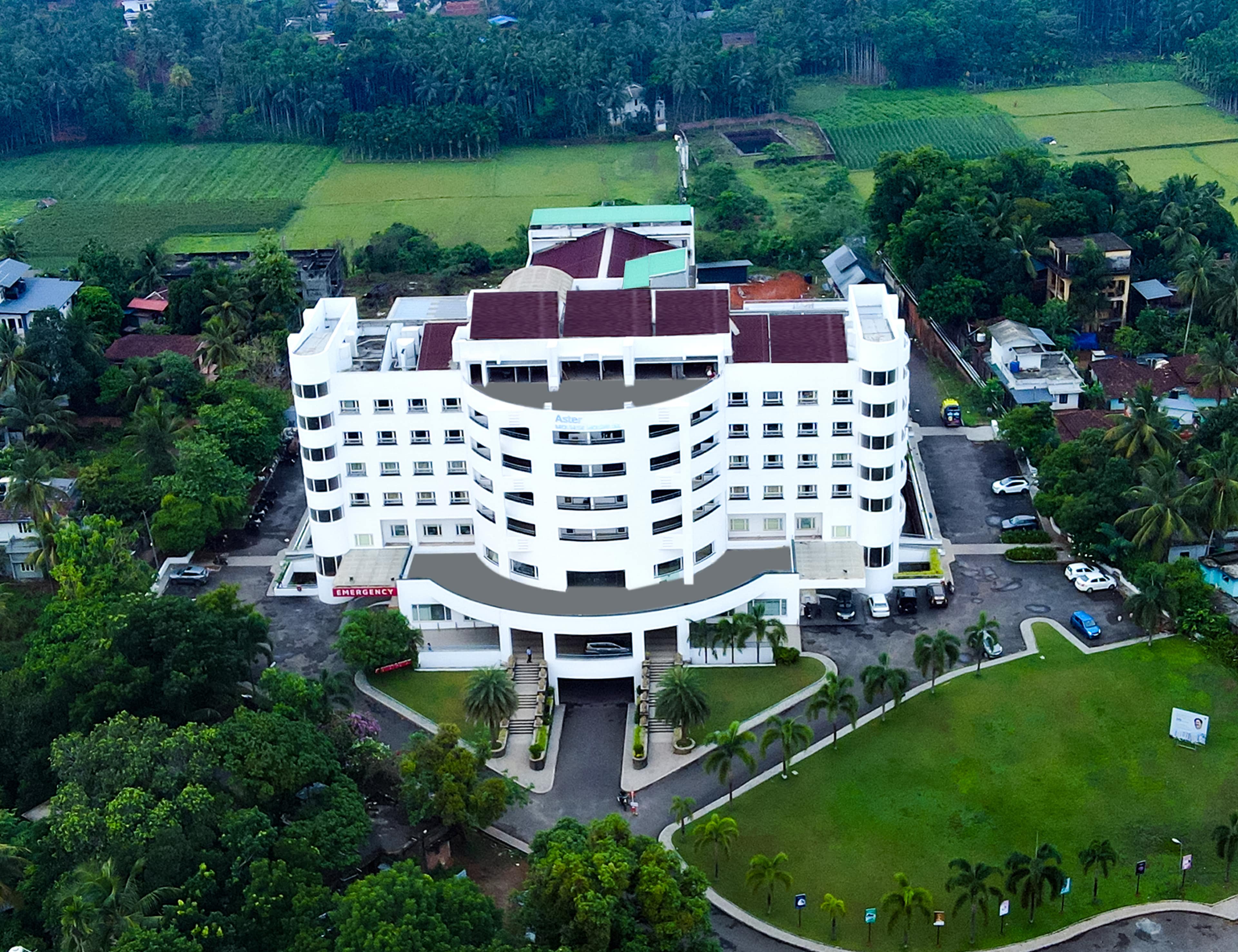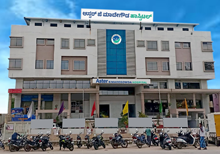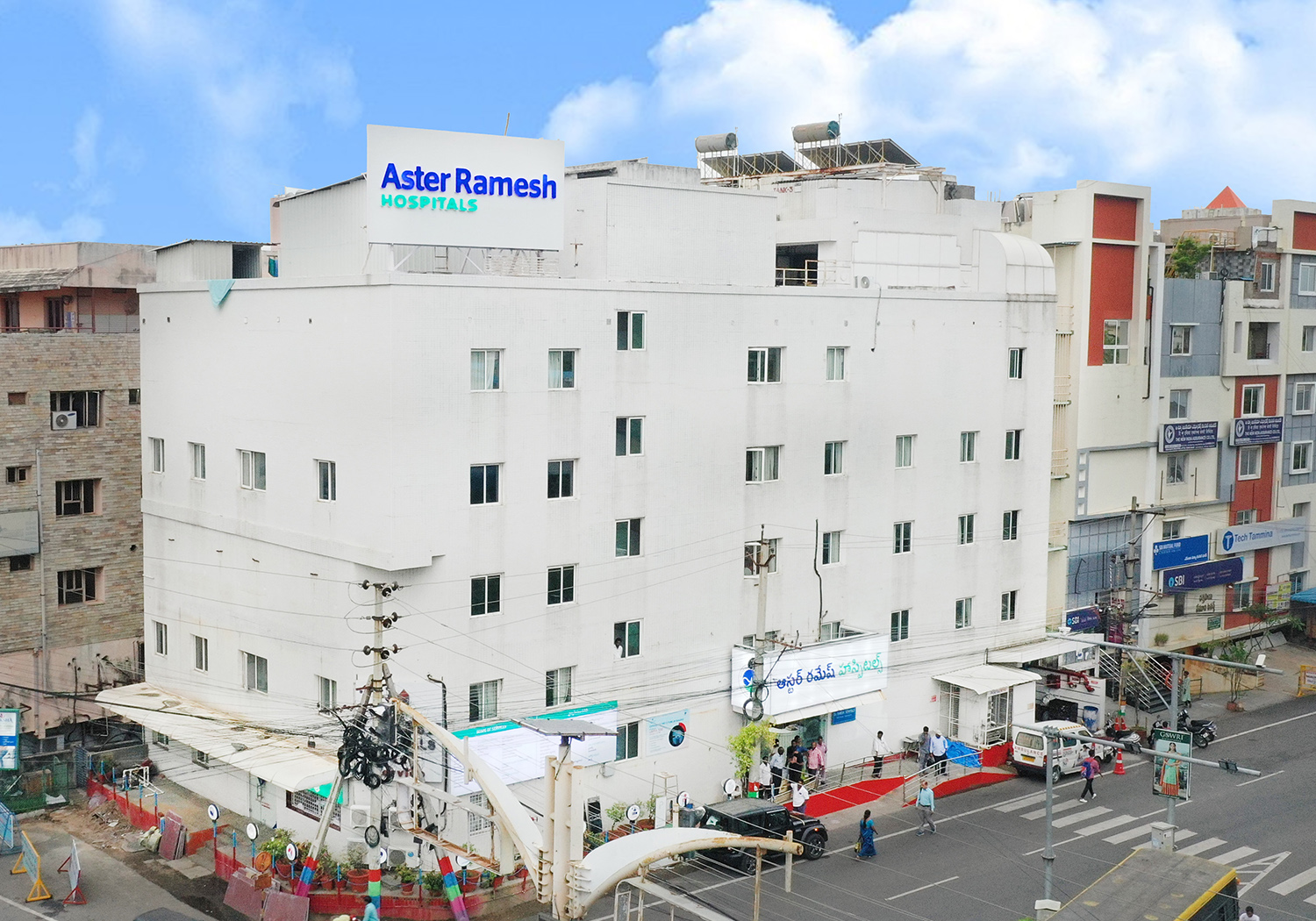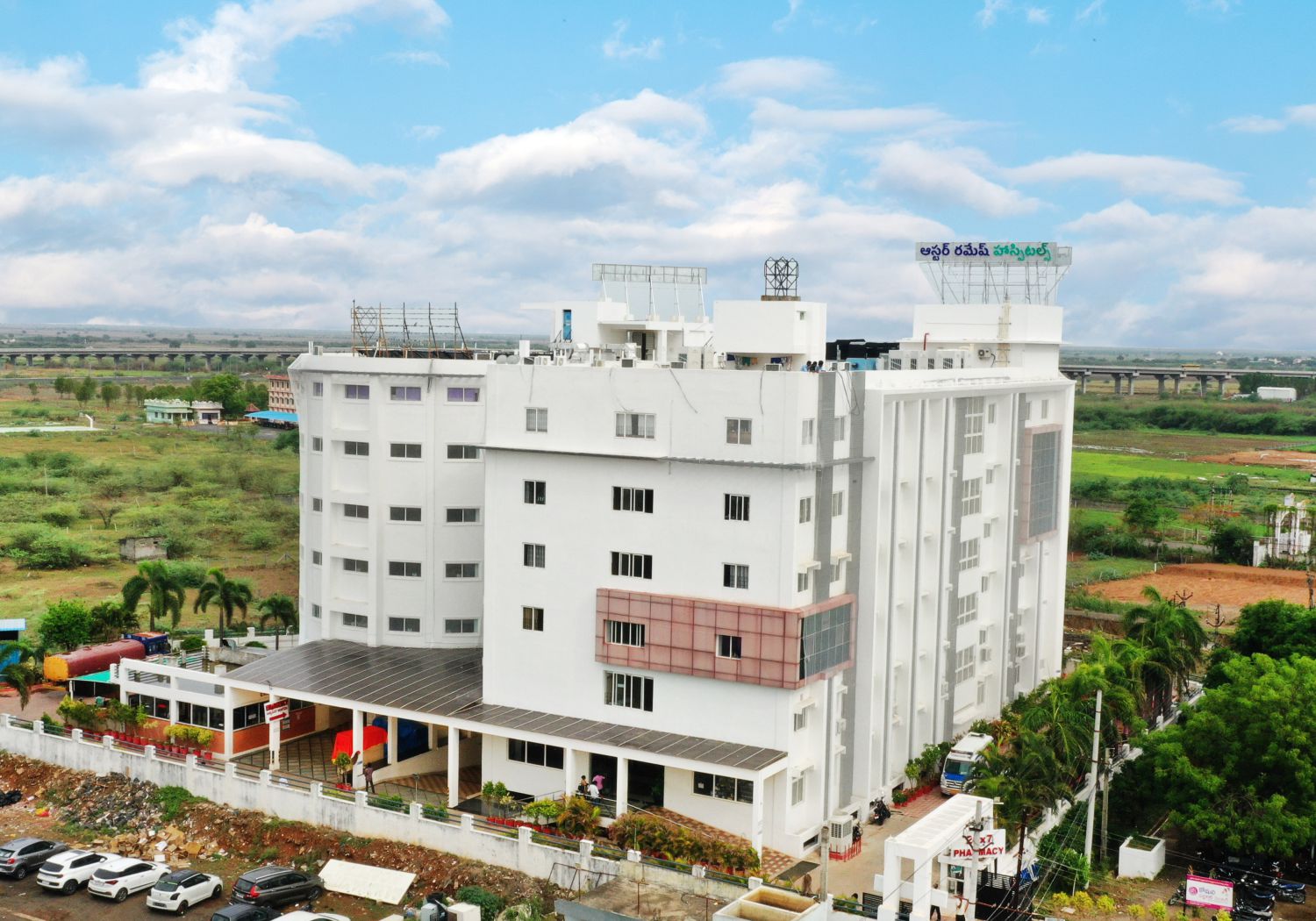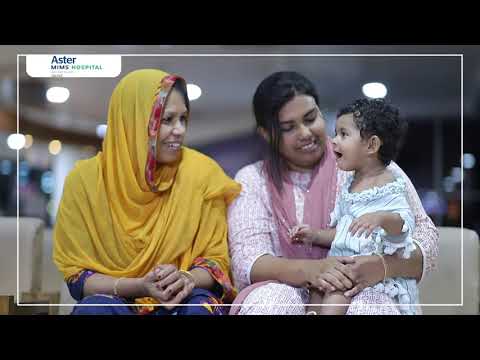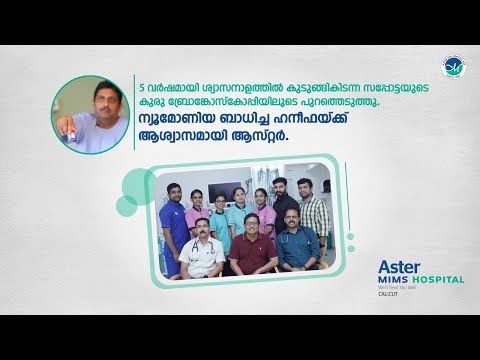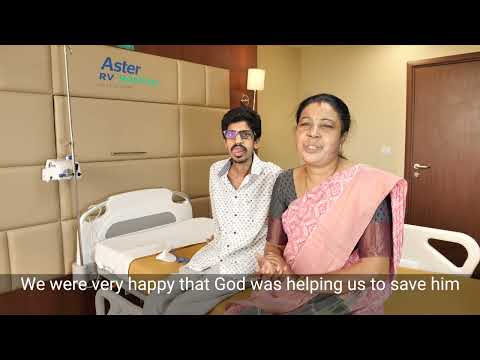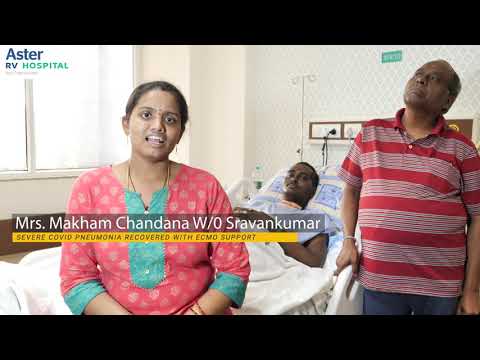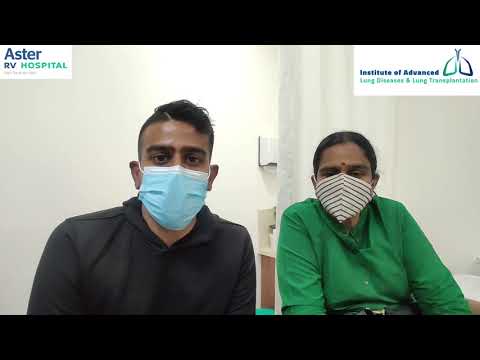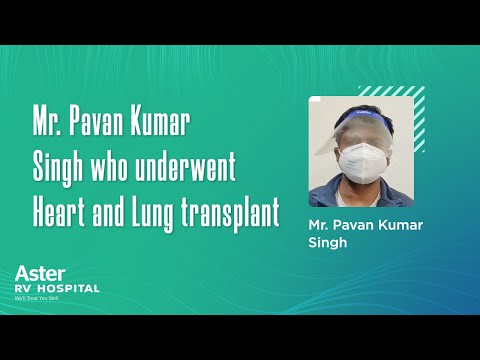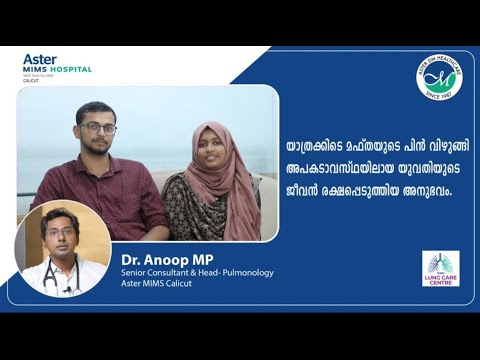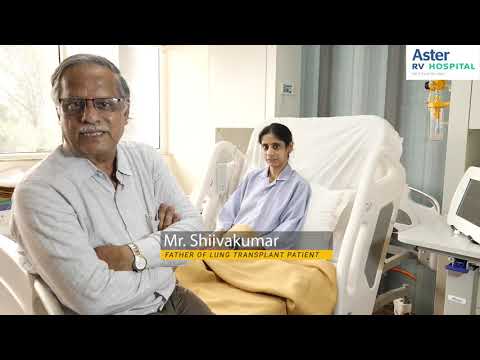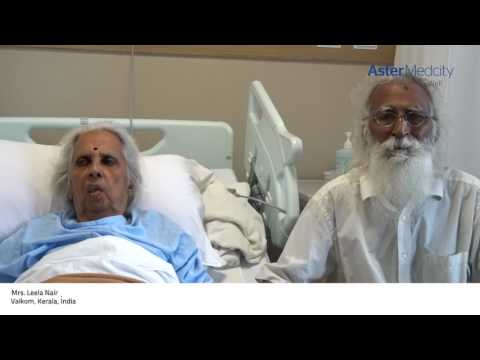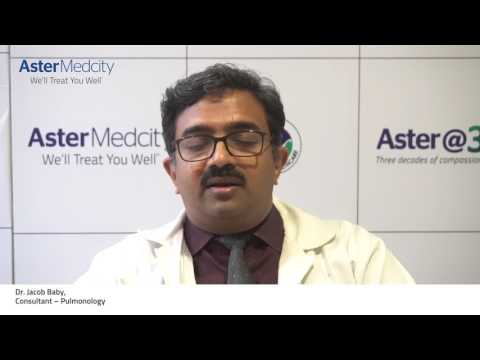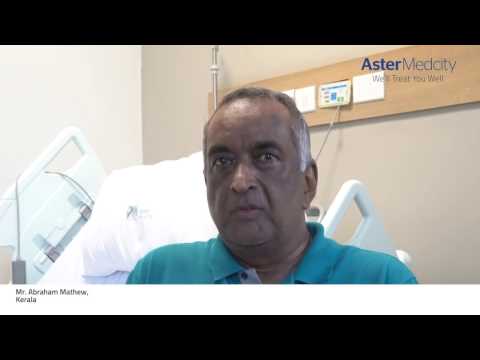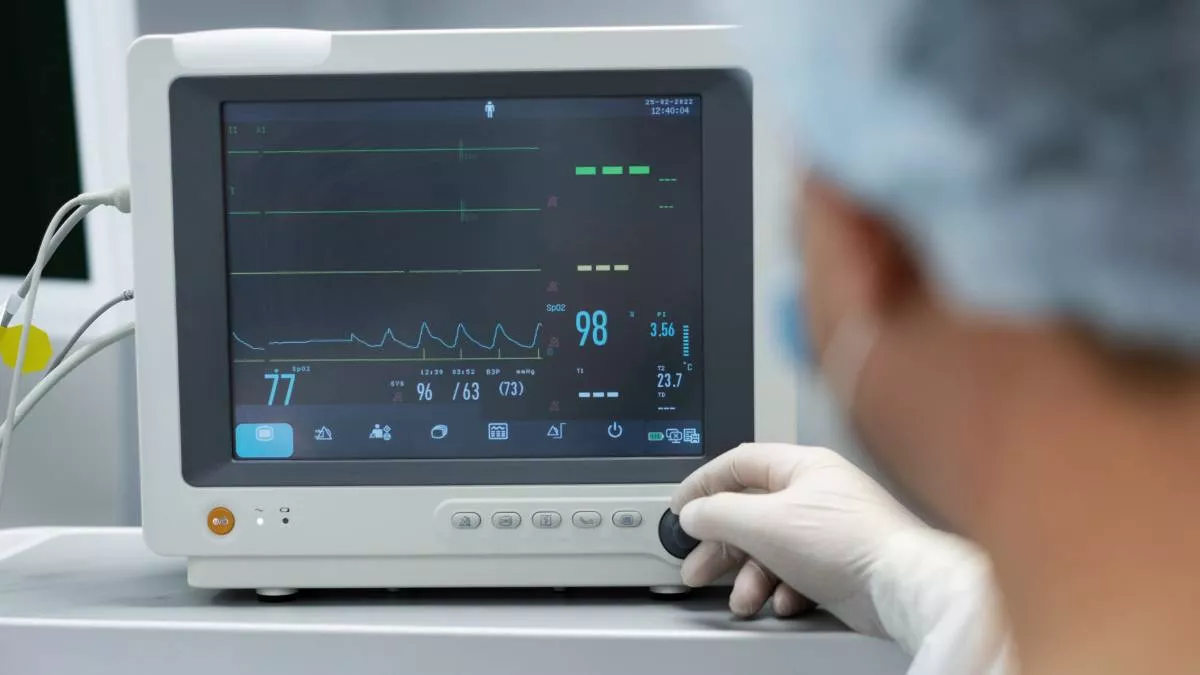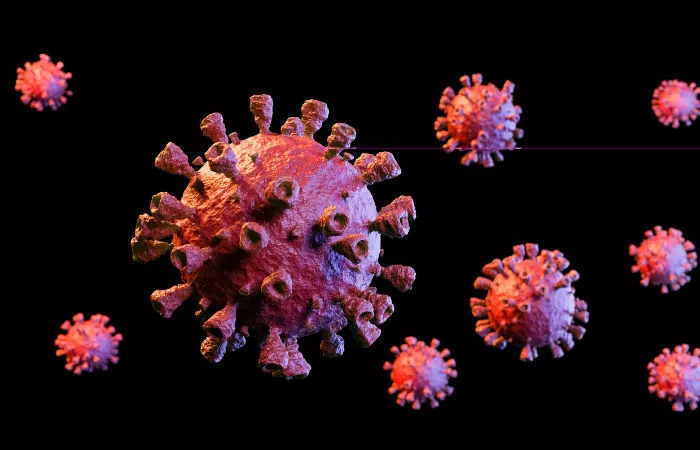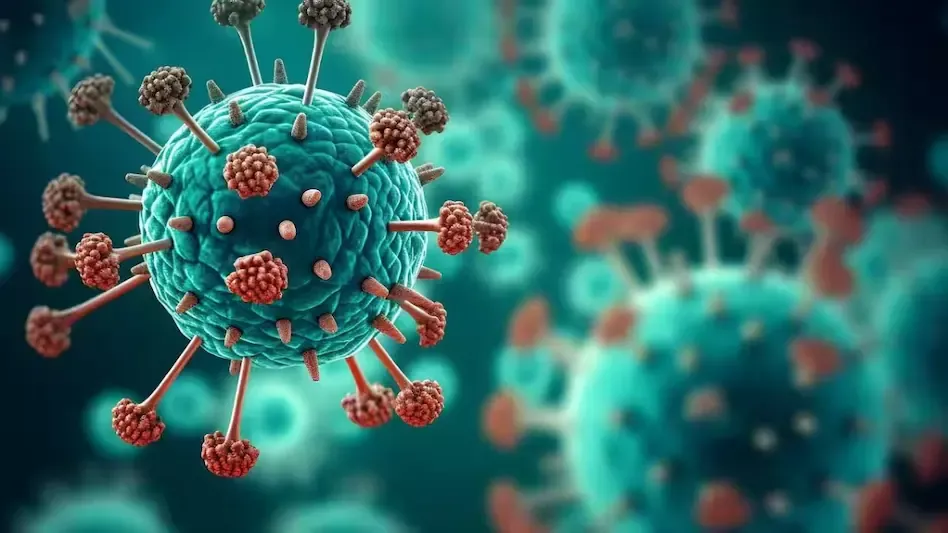Aster Hospital is one of the best pulmonology hospital, which is dedicated to providing comprehensive medical care. We offer evidence-based, multidisciplinary treatment for conditions such as asthma, COPD, cancers of the airways and lungs, lung infections, sleep apnea, ARDS and respiratory failure. The department of pulmonology consists of a lung specialist, pulmonologists, critical care experts, thoracic surgeons, radiologists. They are well supported by speciality nurses and respiratory therapists. The team has years of experience in performing special procedures related to interventional pulmonology (for ailments of the central airways), interventional bronchoscopy (for diagnosis of airway disorders) and transbronchial needle aspiration (for mediastinal disorders). Our diagnostic unit at the department of pulmonology offers a variety of advanced tests, such as sleep study, diagnostic pleural fluid aspiration, pleural biopsy, medical thoracoscopy. It’s fully equipped with modern respiratory diagnostics and treatment instruments, such as a paediatric flexible bronchoscope, rigid thoracoscopy, and bronchoscopy, portable adult bronchoscope; snare, cautery, and laser for endobronchial resection.
Our Doctors
We have some of the best specialists from around the world, they bring years of experience and offer evidence-based treatment to ensure the best care for you.
Advanced Technology & Facilities
Well equipped with the latest medical equipment, modern technology & infrastructure, Aster Hospital is one of the best hospitals in India.
Pulmonary function tests are a group of tests that measure how well the lungs take in and release air and how well they move gases such as oxygen from the atmosphere into the body’s circulation.
Bronchoscopy
Thoracoscopy
Chest ultrasound
Chest x-rays
Lung scan
Lung biopsy
Pulmonary angiogram
Pulmonary function tests (PFT)
Spirometry
Pleural fluid aspiration
Transbronchial needle aspiration (TBNA)
Transbronchial lung biopsy (TBLB)
Pulse oximetry
Peak flow measurement
Sleep study
Extracorporeal membrane oxygenation in treating severe refractory respiratory failure due to various lung diseases especially severe pneumonia.
- Pulmonary function tests
- Diffusion capacity of lungs for carbon monoxide (DLCO)
- Six minute walk test (6MWT)
- Fractional exhaled nitric oxide testing (FENO)
- Skin prick test (Allergy testing)
Outpatient Consultation
Dedicated Clinics for: Asthma, COPD, Obstructive sleep apnoea, Obesity hypoventilation syndrome, Chronic respiratory or ventilatory failure (including home oxygen therapy and non-invasive ventilation), Suppurative lung diseases, Tuberculosis, Interstitial lungdiseases, Pulmonary hypertension (including pulmonary vascular diseases), Respiratory allergic disorders
Fast-track clinics for suspected thoracic malignancies.
Smoking cessation clinics
Executive health check ups
Management of all acute respiratory admissions
Providing joint care with intensivists for respiratory patients intubated and managed in the intensive care unit.
Non-invasive ventilation and CPAP therapy
Management of patients with haemoptysis in collaboration with Interventional Radiologist if Bronchial Artery Embolization is planned or Thoracic Surgeon if operative intervention is required
Attending to inter-departmental referrals
Assessment of fitness for surgery
Routine spirometry
Full lung function tests
Cardiopulmonary exercise testing (TBC)
Limited sleep studies
Polysomnography
6 minute walk test
Flight assessment to assess fitness for flying (TBC)
Thoracic Ultrasound and Thoracocentesis
Lung and Pleural biopsy
Bronchoscopy
Patient Stories
Our patients are our best advocates, hear the inspiring stories of their treatment journey
Blogs
The source of trustworthy health and medical information. Through this section, we provide research-based health information, and all that is happening in Aster Hospital.
News & Events
Stay updated with the latest happenings at Aster Hospitals. Explore our News and Events section for insightful articles, health tips, upcoming events, and noteworthy achievements.

